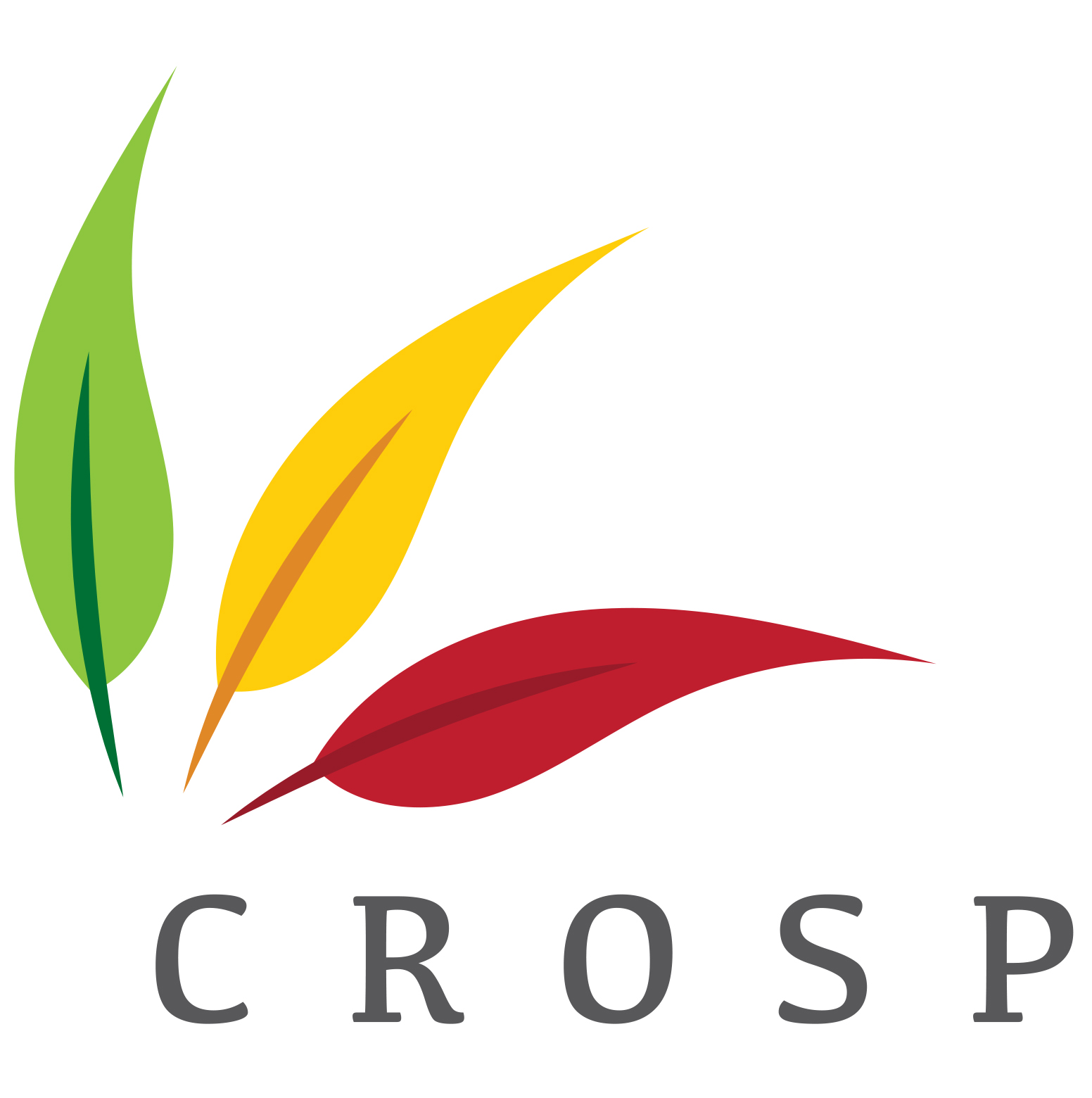Several workshops took place at the end of October, as part of the Changing Role of Specialist Provision (CROSP) project.
The methodology for Phase 2 of the CROSP project takes a peer learning approach. It provides a collaborative forum for reviewing national policies in depth and reflecting on other countries’ policies. This approach engages policy-makers with a shared professional focus and knowledge in pre-agreed activities and discussions.
The peer learning approach encompasses two rounds of workshops, focusing on the four main thematic areas for changing the role of specialist provision in supporting inclusive education: governance, funding, capacity building and quality assurance.
The first round of workshops on 20 and 21 October was held online and included representatives from 21 countries. The plenary discussions included a series of country presentations on the role of specialist provision and the four thematic areas. Participants commented on the presentations and linked them to their own country experience. They then split into smaller groups to discuss the thematic questions in more depth.
A joint summary meeting on 22 October followed the same structure. Participants identified common challenges and highlighted effective policies and strategies for the four thematic areas.
The workshops offered participants a deeper understanding of the four interrelated thematic areas, and insights into how different policies and strategies can support the changing role of specialist provision and improve inclusive education policies in Europe. The second round of workshops will take place in 2021.
For more information on the CROSP project, visit the project web area.

